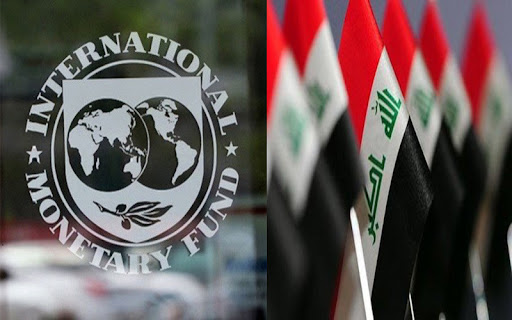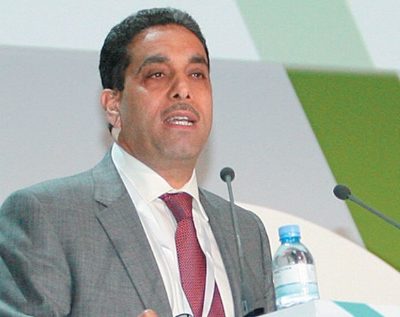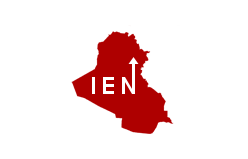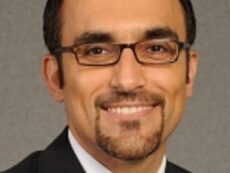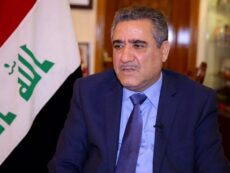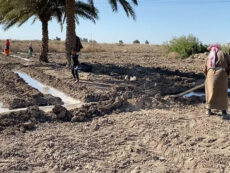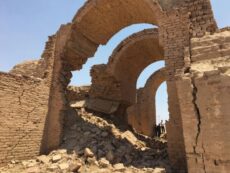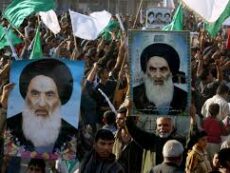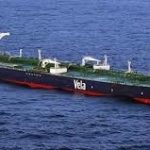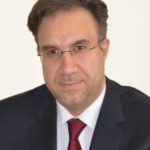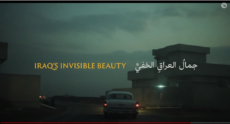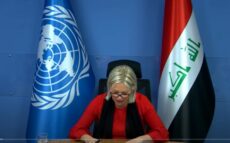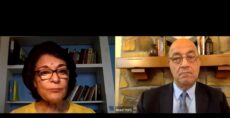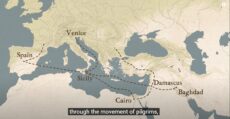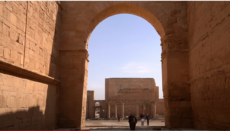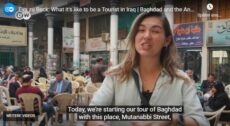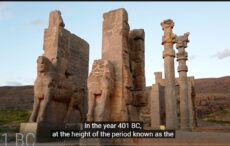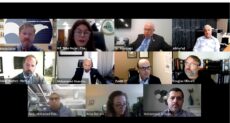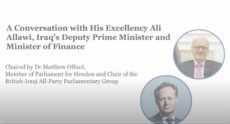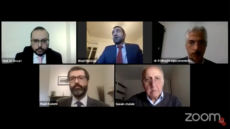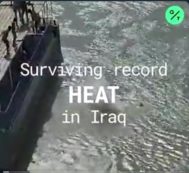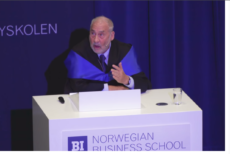This article discusses an optimistic and realistic proposal to minimise the overall impact of the coronavirus global crisis on Iraq in the medium and long terms. It briefly describes the opportunities for Iraq post the crisis to be a self-reliant and prosperous nation if it harnesses the essential sustainable resources of people, water and fertile land as well its rich archaeo
Read MoreThe purpose of this extensive paper is to provide insight and advice to the new Iraqi Government. It particularly focuses on the political and economic backdrop to the country, with analysis and solutions from a private sector perspective. The papers authors are Professor Frank Gunter (lead author), Prof, Mohammed Al Uzri, Dr Renad Mansour, Mr Hani Akkawi, Mr Husse
Read MoreAbstract In 1979 Iraq was a net creditor to the world, due to its large oil reserves and lack of external debt. Fifteen years later, its government debt-to-GDP was over 1,000%. At the time of the U.S. invasion in 2003, Iraq was saddled with around $130 billion in external debt that needed to be restructured. How does a country incur so much debt, so fast, and how does it ge
Read MoreThe Iraq Economic Monitor provides an update on key economic developments and policies over the previous six months and presents findings from recent World Bank work on Iraq, placing them in a longer-term and global context and assessing the implications of these developments and other changes in policy regarding the outlook for Iraq. Its coverage ranges from the macro-economy
Read MoreFixing the country’s chronic political dysfunction can only begin with new elections. After the third try in less than six months, Iraq’s parliament has finally approved a new prime minister: Mustafa Al-Kadhimi, the former intelligence chief. He deserves our commiserations for being burdened with the Middle East’s most impossible task. Since Kadhimi has no chance of succe
Read More



